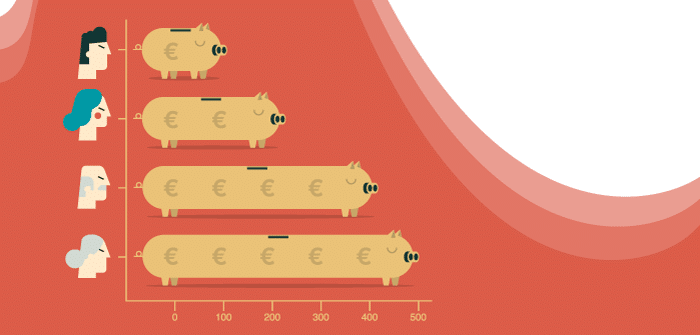The pension system

Although you may think that pension systems are a recent innovation, in fact, it was the Romans who first invented a method that guaranteed a dignified retirement for their elders and soldiers. Did you know that the pay-as-you-go system of state pensions, one of the most widespread pension models and the one used today in Spain, originated in the Germany of Kaiser Wilhelm at the end of the 19th century?
We want you to understand how pension systems have evolved throughout history, the different models of pension systems around the world, the origin of pensions in Spain, and how the state pension system works in our country.







